
Oct . 25, 2025 13:10 Back to list
vae powder: High Adhesion, Flexible, Water Resistant Mortars
RDP Market Watch: What to Know About Vae Powder in 2025
If you work with tile adhesives, self-leveling underlayments, or EIFS/ETICS, you’re already living with polymer-modified mortars. And yes, the hero behind the scenes is often Vae Powder—redispersible polymer powder (RDP) that boosts adhesion, flexibility, and overall durability. To be honest, the category looks stable but quietly innovative: better low-temperature film formation, tighter moisture specs, and more consistent spray-dried grades.
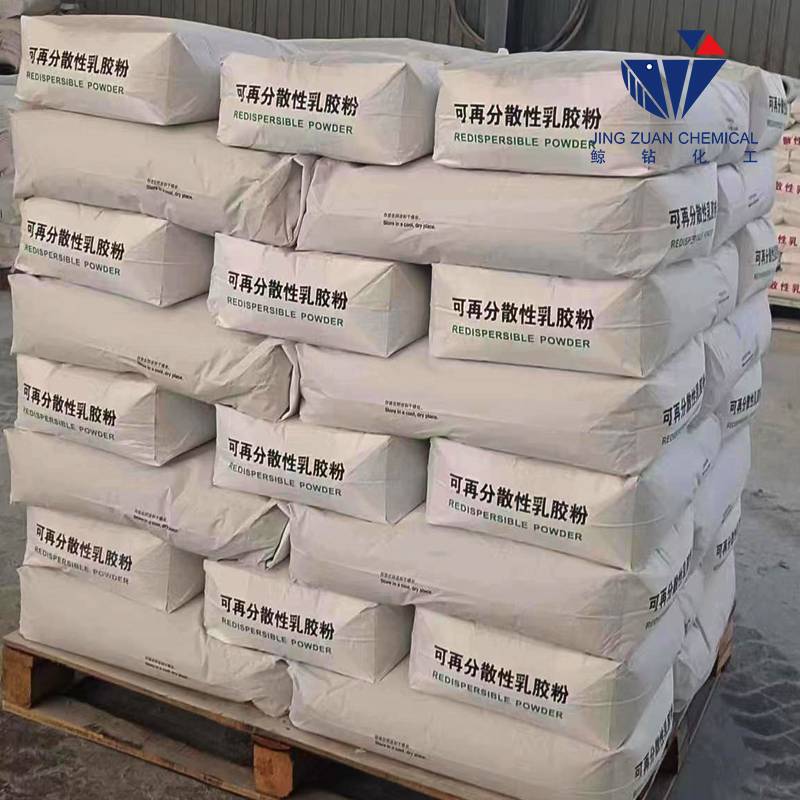
Product Snapshot: RDP for Cementitious Systems
From CNJZ Chemical (Origin: NO.1 Building, Technology Center, High-Tech Zone, Shijiazhuang City, Hebei Province, China), this RDP is a vinyl acetate–ethylene copolymer engineered for high bond strength and crack resistance in mineral binders. It seems that real-world performance is particularly strong in flexible tile adhesives and gypsum skim coats.
| Parameter | Spec (≈ / typical) |
|---|---|
| Chemical Name | Redispersible powder (RDP) |
| Molecular Formula | (C2H4)x(C4H6O2)y |
| Moisture | ≤5% |
| Residue (Ash) | 12–25% (grade-dependent) |
| Fineness | 80–120 mesh |
| Min Film-Forming Temp (MFFT) | 0–5 °C |
| Service Life (in cement matrix) | ≈15–25 years (real-world use may vary) |
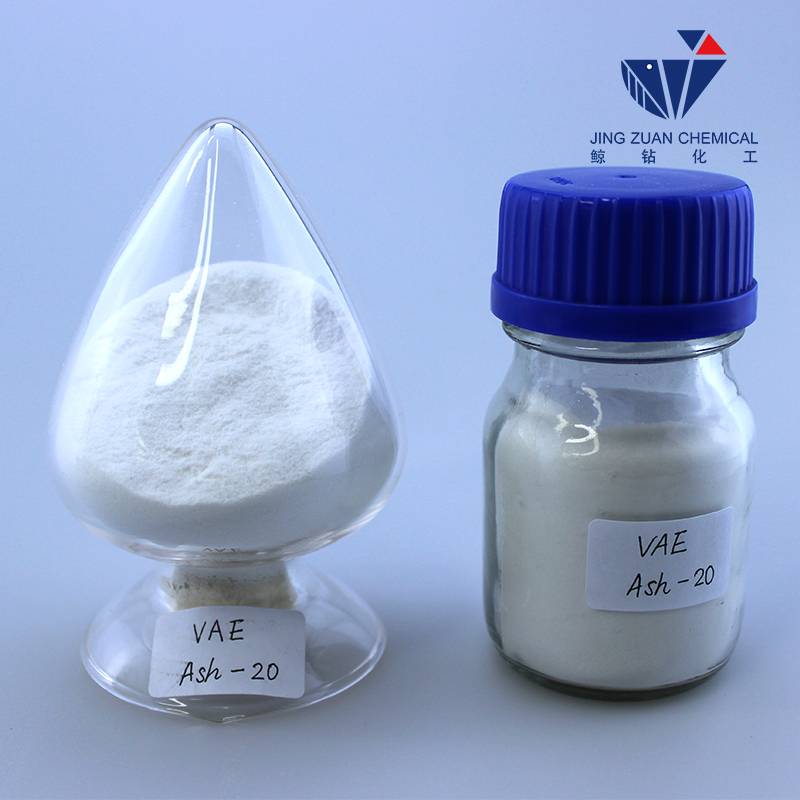
Process Flow (How it’s made and qualified)
- Materials: Vinyl acetate–ethylene copolymer latex, protective colloid (often PVA), anti-caking mineral.
- Methods: Emulsion polymerization → spray drying → cooling → sieving (80–120 mesh) → moisture/ash checks.
- Testing standards: EN 12004-2 tensile adhesion for tile adhesives; ASTM C109 compressive strength; ASTM C1583 pull-off; EN 1015 series for mortars; freeze–thaw cycling.
- Certifications: ISO 9001 quality system; REACH compliance data on request.
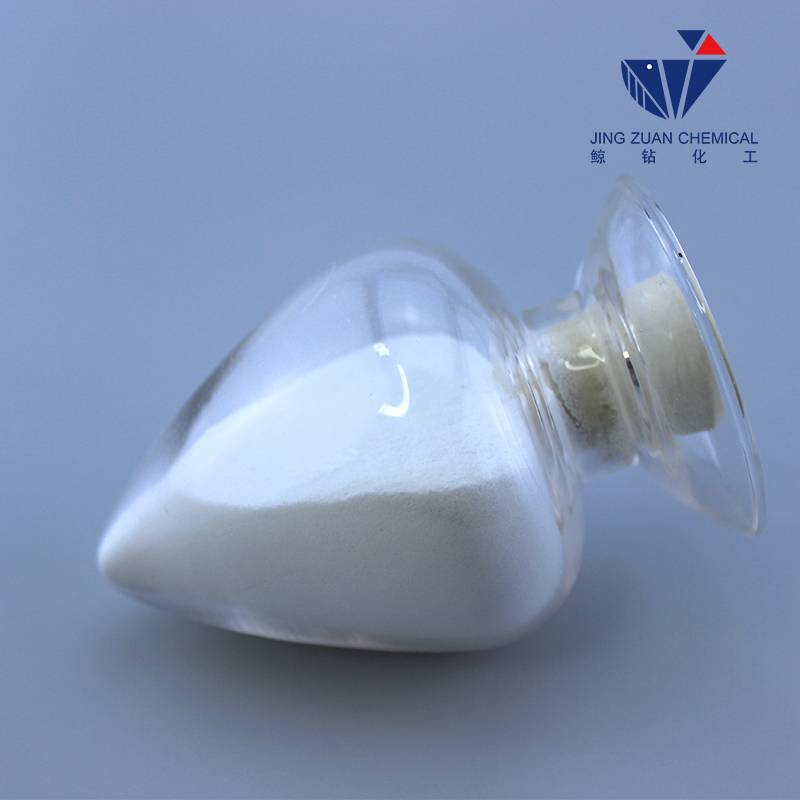
Where it performs
Typical applications for Vae Powder include C1/C2 tile adhesives, flexible grouts, self-leveling underlayments, gypsum-based skim coats, ETICS basecoats, repair mortars, and waterproof cement slurries. Many customers say it improves open time and reduces dusting—small things, but on a busy jobsite they matter.
Quick field numbers (indicative, lab-conditioned): EN 12004-2 tensile adhesion ≥1.0–1.5 MPa dry; ≥0.8–1.2 MPa after water immersion; ≥1.0 MPa after heat aging. Flow and workability are easier to dial in with water-reducer compatibility.
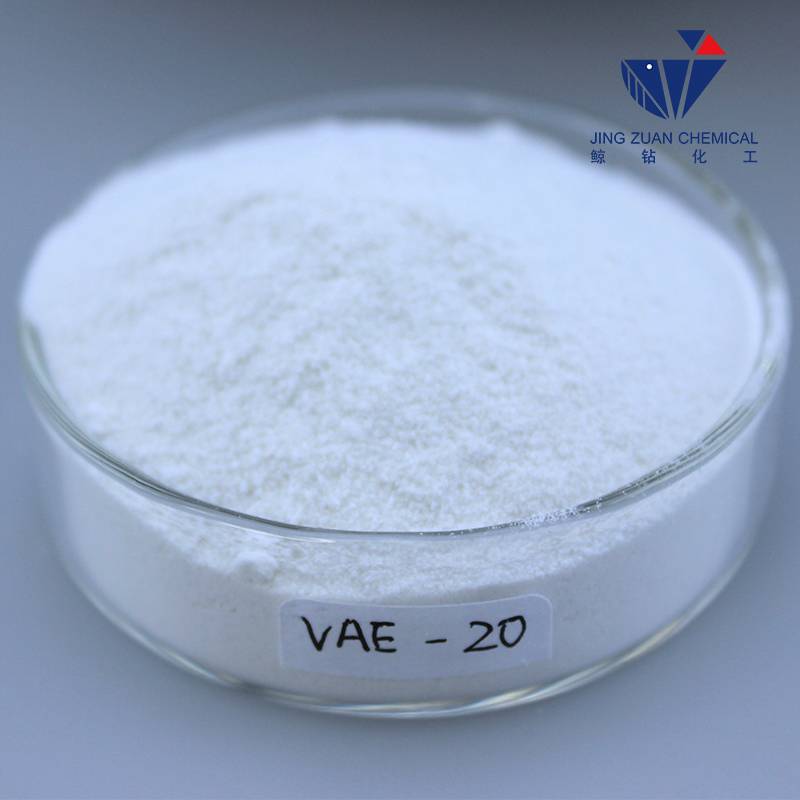
Customization (what you can tune)
- Flexibility vs. strength: Adjust ethylene content and ash level (≈12–25%).
- MFFT: 0–5 °C grades for colder climates or early-season installs.
- Redispersion profile: Protective colloid type to fit gypsum or cement systems.
- Anti-caking package: For humid logistics routes—actually a big deal in coastal warehousing.
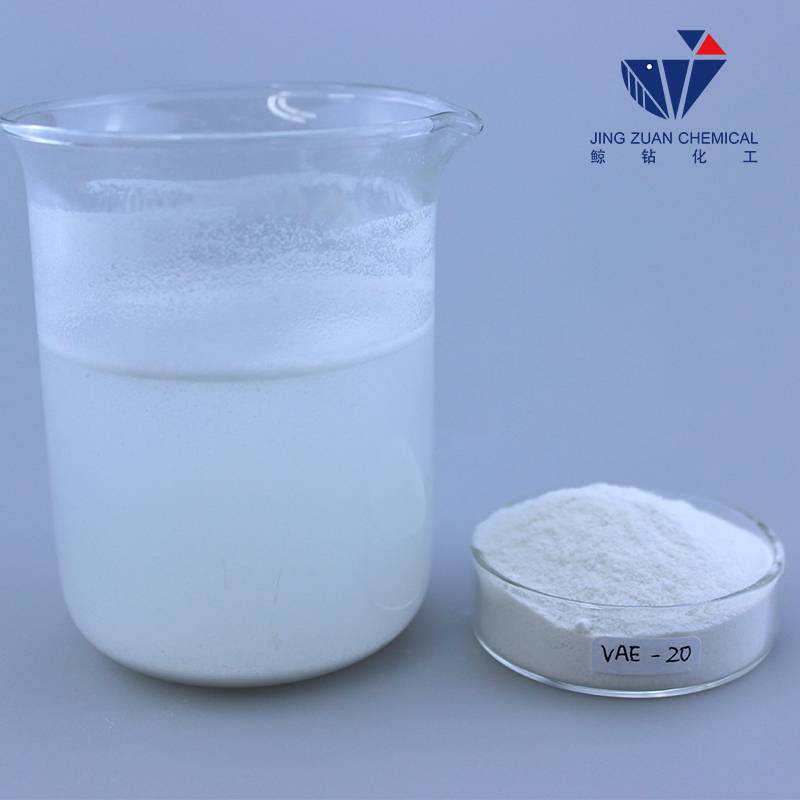
Vendor landscape (quick comparison)
| Vendor | Ash (≈) | MFFT | Certs | Notes |
|---|---|---|---|---|
| CNJZ Chemical RDP | 12–25% | 0–5 °C | ISO 9001, REACH info | Balanced adhesion/flexibility; stable supply from Hebei. |
| Regional Trader A | ≈15–28% | 3–10 °C | Varies | Good pricing; check lot-to-lot consistency. |
| EU Brand B | ≈10–20% | 0–3 °C | ISO, CE docs | Premium grades; strong tech support; higher cost. |
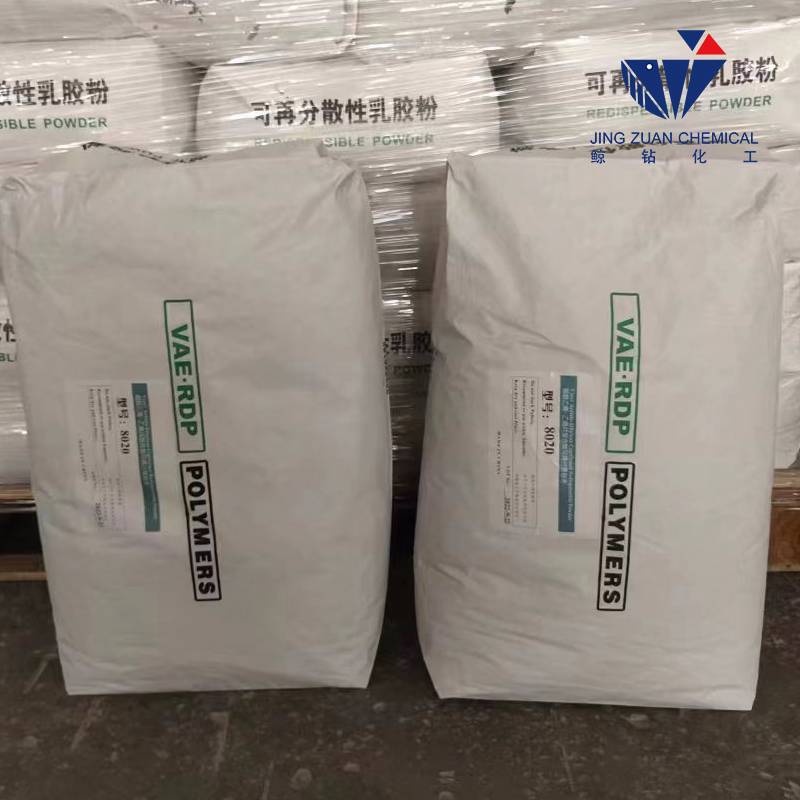
Case notes (field feedback)
- Self-leveling, Gulf region: Vae Powder at 2.5–3.0% of binder cut edge cracking; ASTM C1583 pull-off improved from ≈1.2 MPa to ≈1.7 MPa.
- Tile adhesive, Central Europe: C2TE formulation hit EN 12004-2 wet adhesion ≈1.1 MPa. Installer quote: “Longer open time without sag—surprisingly forgiving.”
How to choose
Match Vae Powder grade to climate (MFFT), ash to flexibility target, and confirm adhesion by EN 12004-2 panels. And, I guess this is obvious, but run your own compatibility tests with cement, gypsum, and any cellulose ether—small formulation tweaks go a long way.
References
- EN 12004-2:2017, Adhesives for tiles—Determination of tensile adhesion strength.
- ASTM C109/C109M, Standard Test Method for Compressive Strength of Hydraulic Cement Mortars.
- ASTM C1583/C1583M, Tensile Strength of Concrete Surfaces and Pull-Off Strength of Repair Materials.
- EN 1015 series, Methods of test for mortar for masonry; EN 13813 for screed materials.
-
Cellulose Ether | High Purity, Fast Hydration, Stable Flow
NewsNov.17,2025
-
Cellosize HEC Thickener – High Purity, Fast-Dissolving
NewsNov.17,2025
-
Cellulose Ether: High-Purity Liquid Thickener, HEC Cellulose
NewsNov.17,2025
-
VAE Powder (RDP): High Adhesion & Flexibility for Mortars
NewsNov.17,2025
-
Cellulose Ether: High Purity, Fast-Dissolving, Stable Flow
NewsNov.17,2025
-
Cellosize HEC Thickener – High Purity, Fast-Dissolving
NewsNov.11,2025







